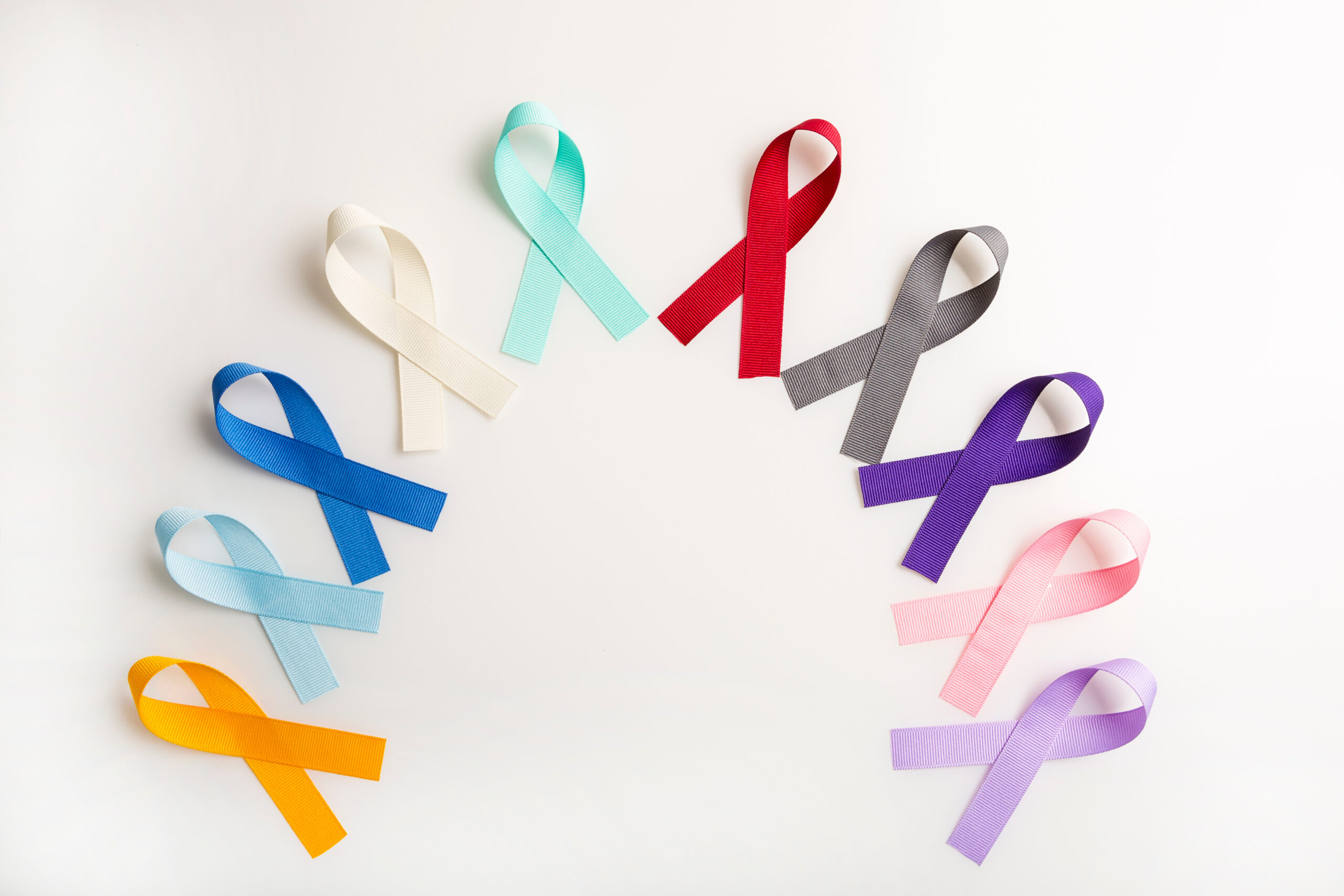
Cancer Hope Network relies on its database of survivor and caregiver volunteers nationwide to provide support to cancer patients and their loved ones. Below are answers to frequently asked questions about the volunteer process.
What is Cancer Hope Network?
Cancer Hope Network is a not-for-profit organization with a mission to provide free, confidential, one-on-one support to people undergoing treatment for cancer and their families. It provides this support by training individuals who have recovered from cancer, or cared for someone facing cancer, and matches them with cancer patients currently undergoing a similar experience.
What are the qualifications to volunteer?
To become a Cancer Hope Network support volunteer, you must be a cancer survivor or co-survivor/family caregiver, post treatment for at least one year or on maintenance therapy. Volunteers must also be at least 18 years old. A positive attitude, good listening skills and willingness to share your cancer experience is crucial.
With whom will I be matched?
Client and volunteer matches are based on shared diagnosis, treatments, or side effects. Factors such as age, gender, race, ethnicity, personal experience and a variety of other psychosocial considerations may also be included in match criteria. Our commitment to meeting the needs of each client helps build trust and understanding.
Do I have to share my personal contact information with clients?
No. Volunteers always initiate contact with patients. Patients may call the Cancer Hope Network central office if they would like to contact the volunteer again. Cancer Hope Network protects the privacy of all volunteers and recommends that you do not provide your personal information to clients (i.e. last name, address, or telephone number).
What is the volunteer time commitment?
There is no average. You determine your availability based upon your life situation and commitments.
What if I have a recurrence or other issue that impacts my ability to participate as a volunteer?
As a Cancer Hope Network survivor or caregiver support volunteer, your physical, mental and emotional health are very important to us. Depending on your life circumstances or challenges you may be facing, you may decide that you no longer have the capacity to serve as an active volunteer. We can always mark you as inactive in our matching system for if/when you wish to reengage with us.
What will I learn during training?
Support volunteer training provides skills that enable you to prepare for and conduct a support visit; encourage people to talk about their experiences surrounding cancer; create an atmosphere of safety and total acceptance; listen actively and empathetically; help the patient look beyond the diagnosis and treatment; and document and keep a log of patient matches.
Are there continuing education expectations or requirements for volunteers?
Hope Check: Listening & Learning in the Cancer Hope Network community is a series of in-person and online learning opportunities featuring distinguished guest speakers and topics that matter to cancer survivors, patients, and caregivers. Participation in additional training and learning opportunities through Hope Check is optional, but highly recommended. We also offer a support group for our survivor and caregiver support volunteers to connect and engage, and to discuss issues surrounding survivorship.
Are there fees for services?
Cancer Hope Network’s services are always free and confidential.
Who is eligible to receive services?
Cancer Hope Network serves adult cancer patients and co-survivors who are actively undergoing or about to undergo conventional treatment, or who may be suffering with long-term side effects from previous cancer treatment. Clients with other needs — financial, transportation, legal, etc. — being treated solely with alternative medicine or in hospice care are provided referrals to other organizations designed to meet their specific requirements.
East End patients with cancer and their caregivers can be connected with a Cancer Hope Network support volunteer by visiting cancerhopenetwork.org/stonybrooksouthamptonhospital, or by calling 1-877-HOPENET. To become an East End support volunteer, call Ragan Ingram at 631-726-8800 or email ragan.finalborgo@stonybrookmedicine.edu.